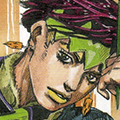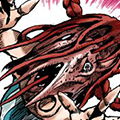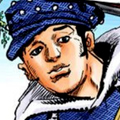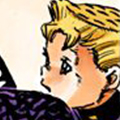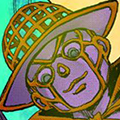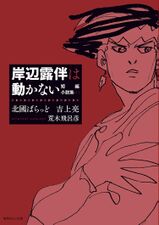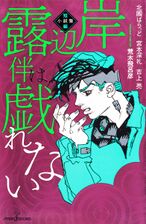Box of Happiness
Box of Happiness (辛福の箱, Kōfuku no Hako) is a short story that is part of an anthology of short stories based on the Thus Spoke Kishibe Rohan series. It was written by Ballad Kitaguni and published by Shueisha. Box of Happiness was included with the August 2017 issue of Ultra Jump to coincide with the release of Deoxyribonucleic Acid.
It was then compiled in a collection named Rohan Kishibe Does Not Frolic with three other stories, which released for sale on July 19, 2018. Box of Happiness is on pages 3–59 in the volume.
Summary
Rohan is called to the home of Ikkei Gozan (
Rohan becomes irritated that he was falling for Gozan's trick. He then understands that it is actually a puzzle and could only be assembled by someone with special talents such as a Stand user. Thus, Rohan starts assembling the box out of curiosity.
